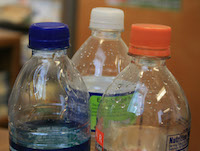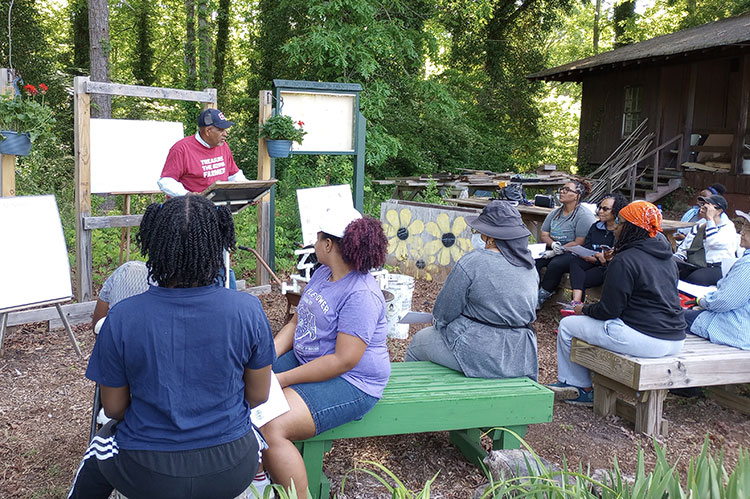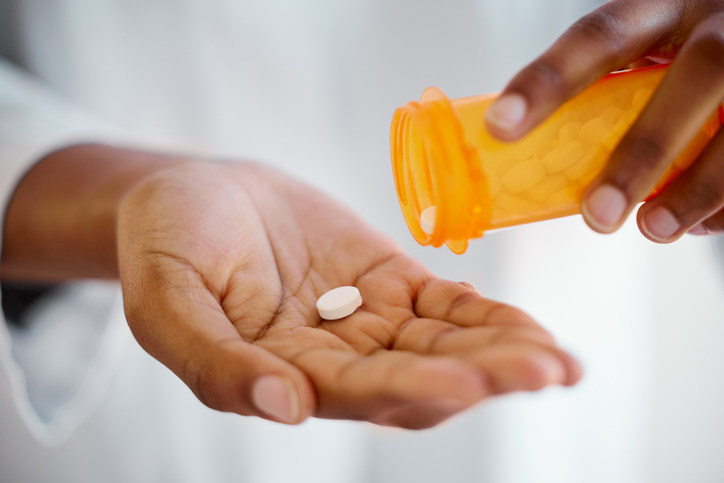Did you know that a 10-percent weight loss due to dehydration can make you disoriented and weak and can cause a potential heat stroke? As the hot Georgia summer continues and fall sports and activities begin, it is essential that you stay hydrated.
Your body contains a great amount of water, which makes it critical to drink fluids. The water percentage of the human body ranges from 75 percent for newborns to around 50 percent for older adults. This equates to about 10 to 12 gallons of fluid. Water helps many different parts of the body perform tasks correctly and efficiently. It regulates body temperature, allows transportation of oxygen and nutrients, removes waste, and protects joints and organs.
Your body contains a large amount of water, but it also loses water throughout the day due to breathing, sweat and urination. As your body loses water, it needs to be consistently replenished to avoid becoming dehydrated.
The ability for your bodies to function revolves around water. Your muscles, body fat and blood all contain water. Even the makeup of your bones is 22 percent water. Unlike fat and excess calories, your body is not able to store surplus water, like a camel does. It’s important to make good choices regarding fluid intake.
Certain conditions and environments can increase hydration needs, such as strenuous exercise or extreme weather. When temperatures and activity are increased, you may reach for a sports drink to stay hydrated. Is that the best way to quench your thirst? Perhaps it is time to rethink what you drink.
The first sports drink was created by a team of University of Florida physicians when the university’s football coach noticed a decrease in performance during the high humidity and heat conditions after hours of practice. After further research, it was discovered that the football players’ electrolytes and carbohydrates were not being restored at healthy rates for proper hydration. Once implemented and passed throughout the college, this sports drink significantly reduced fatigue and improved performance. It soon took on the name “Gatorade.”
As a former high school athlete, I was taught the importance of replenishing electrolytes and carbohydrates after sporting events and during practice. Gatorade was a staple in my backpack. Carbohydrates are our body’s main source of energy and are depleted, along with electrolytes, during exercise. Electrolytes are minerals, like potassium, magnesium, calcium and sodium, that are naturally present in the body. Carbohydrates and electrolytes are essential to the proper function of our bodies, but may not be a depleted at a rate that warrants consumption of a sports drink.
Today, as a registered dietitian and University of Georgia Cooperative Extension agent, I know that electrolyte replacements are usually only needed if you participate in intense, strenuous activity for more than 90 minutes. Most Americans fail to meet the physical activity guidelines set forth by the Centers for Disease Control and Prevention, so it is safe to say that drinking sports drinks during or after most physical activity is unnecessary. And, most sports drinks contain added sugars and sweeteners that should not be consumed arbitrarily.
When it comes to hydration, for most Americans, the solution is to drink water. It’s all natural, has zero calories and is sugar-free. Plain, cold water is the best choice for hydrating your body and it’s the most pocket-friendly method, too. Drinking water is the fastest, easiest way to meet your basic and physical activity hydration needs.
According to the Mayo Clinic, the amount of water you should drink every day is based on weight. When calculating how much water to drink, divide your weight in pounds in half. This number represents how many ounces of water you should drink daily. For example, if a child weighs 40 pounds, he or she should drink 20 ounces of water per day.
Leave the sports drinks for whom they were created — high-performance and endurance athletes. Rethink your drink and fill your glass with Earth’s all-natural elixir of life, water.





.png)

